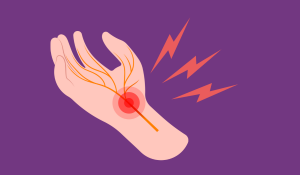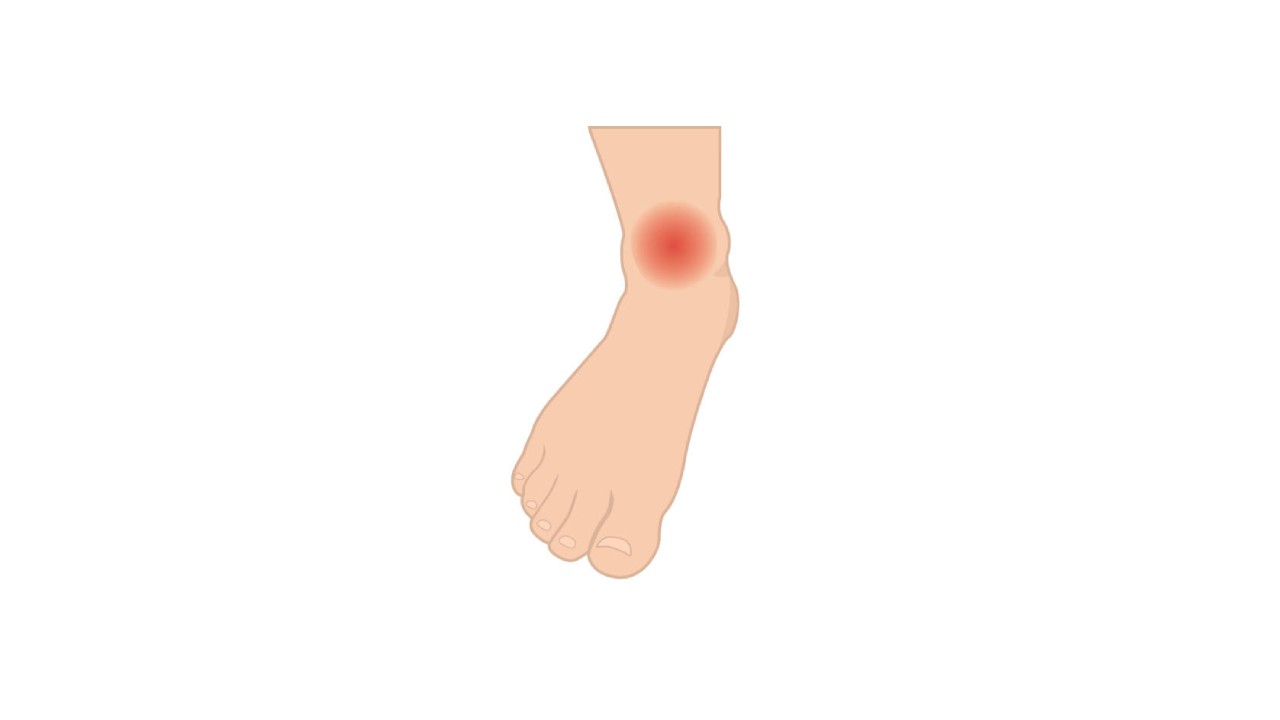Hyperuricemia is characterized by elevated levels of uric acid (the byproduct of when purines are broken down) in the blood, which can lead to gout and other health conditions. This build up can occur due to the body producing too many purines and the kidneys being unable to eliminate them quickly, or the consumption of too many purine-rich foods.
Hyperuricemia usually produces no symptoms unless it develops into an associated condition such as gout. There is not a lot of research on cbd’s effect on hyperuricemia. Yet, it may aid in maintaining homeostasis in the body and reducing inflammation.
Uric acid is the byproduct that occurs when chemicals called purines are broken down in the body. The body naturally produces purines, but they are also present in a number of foods and drinks people consume. Common sources of this chemical include alcoholic beverages, red meat, organ meat, some fish, bacon, turkey and pork.
As the body breaks down purines into uric acid, the byproduct moves through the kidneys and is eliminated in the urine. If the kidneys cannot remove the waste, it begins to accumulate in the blood.
There are two primary reasons why hyperuricemia occurs. First, the body itself produces too many purines and the kidneys are unable to eliminate it fast enough. The second cause is the consumption of too many purine-rich foods and drinks. This similarly leads to the kidney’s inability to excrete uric acid as quickly as it is produced.
Hyperuricemia and its associated conditions, particularly gout, were historically considered a disease of the wealthy. As access to high-purine foods and beverages has increased, so too have the rates of hyperuricemia. Excess uric acid in the blood is common and is present in as many as 21% of the general population.
Hyperuricemia often produces no symptoms. This is referred to as asymptomatic hyperuricemia. There is evidence to suggest that though there are no symptoms in approximately two-thirds of those with hyperuricemia, the condition has a detrimental impact on the kidneys, diminishing their functioning capacity. Symptoms typically do not appear until the individual develops an associated condition such as kidney stones or gout.
Cannabidiol interacts with the endocannabinoid system and leads to the production of cannabinoids in the body, which bind with C1 and C2 cell receptors. The formation of the bond seems to serve a role in maintaining homeostasis in all of the body’s systems. Though more research is needed, CBD may help regulate kidney functioning through its relationship to the endocannabinoid system. This may, in turn, aid the kidneys in eliminating uric acid more efficiently.
CBD oil has analgesic properties that may help to reduce systemic inflammation in those who develop inflammatory conditions from hyperuricemia. If you are currently being treated for hyperuricemia, it is important to talk to your physician about potential CBD oil interaction with hyperuricemia medication.

1. Understanding Neuropathic Pain Neuropathic pain results from nerve damage or dysfunction, causing symptoms like burning, tingling, or sharp shooting pains. Common Causes: Symptoms Include:...
Read More
Potential Applications of CBD for Inflammation Arthritis Relief: Arthritis impacts over 54 million adults in the U.S. alone. CBD’s anti-inflammatory and pain-relieving properties have shown...
Read More
Types of Bladder Diseases Bladder disease, from simple urinary tract infections to interstitial cystitis to bladder cancer, generally affects women more often than men. Women...
Read More
What Causes Libido Pain? Though low libido can occur for any number of personal and physical reasons, it is most often the result of one...
Read More
Cannabidiol, commonly known as CBD, is a chemical found in the cannabis plant and has been recognized as a natural pain management option for people...
Read More
What Causes Bladder Disease? Of the types of bladder diseases out there, cystitis is the one that affects millions of people at least once. This...
Read More
CBD Oil Benefits CBD oil may help reduce heart rate and blood pressure, which are two common health complaints associated with heart function. If you’re...
Read More
What Causes Kidney Failure? Several health conditions can lead to chronic kidney disease and, eventually, failure. These conditions damage the kidneys, reducing their ability to...
Read More
How Is CBD Different from Other Stomach Pain Conditions? You may remember having stomachaches as a child. These pains can be caused by indigestion, a...
Read More
Arthritis can come in many forms and affect many joints, but the ankle joint is a prime target for conditions like rheumatoid arthritis. RA, specifically,...
Read More